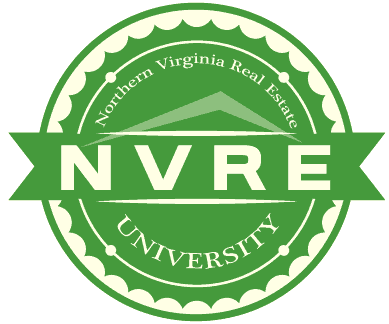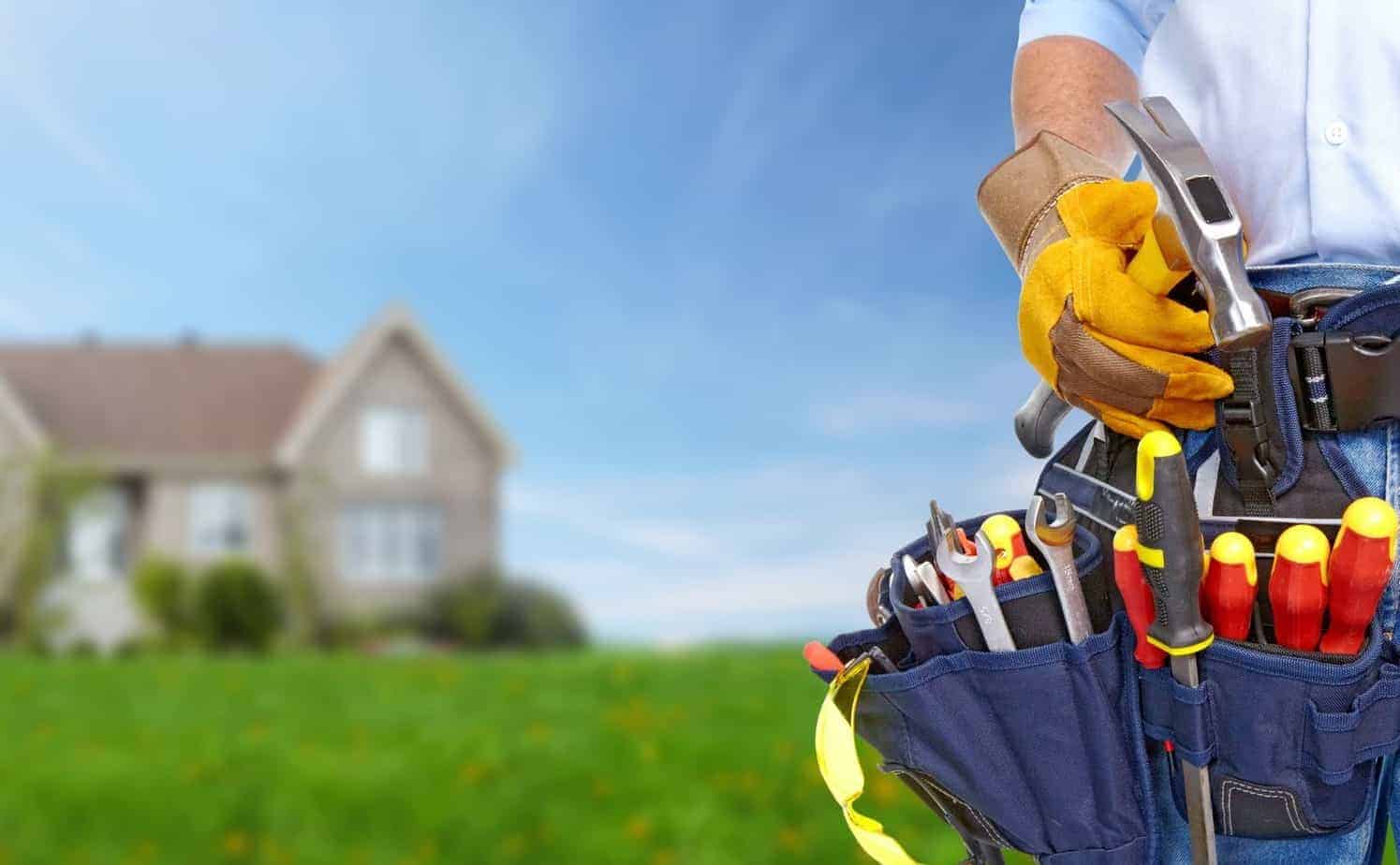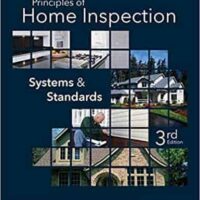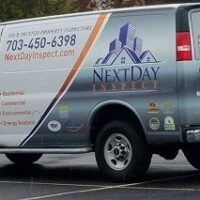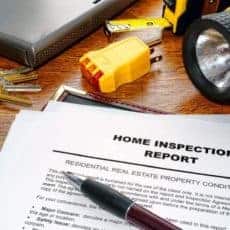Home Inspection Classroom Education
This course is Virginia and Maryland State approved for 72 contact hours required home inspection pre-licensing classroom education.
The following is a summary of the topics that will be covered during the home inspection classroom education:
Home Inspection Overview:
Here we provide an introduction to the home inspection industry, topics covered are:
- ASHI and InterNACHI: Home Inspectors organizations
- Code of Ethics and Standard of Practice (SOP): ASHI and InterNACHI code of Ethics & SOP as adopted by the States of Virginia and Maryland as fulfillment for the educational requirement
- Business Entities and Legal Aspects: What type of business entity is suitable for you to run a home inspection business
- Home Inspection Opportunities: running your own business or affiliating with a company? Pros & Cons
- Business Procurement and Marketing: who are your clients and where to find them. Techniques and strategies to grow your business
- Home Inspection agreement – what the client/inspector agreement should and legally protect
- Home Inspectors Insurance: Liability plus Errors & Omissions (E&O) Insurance requirements, cost, and limits
- Inspection Process: What to inspect and what not to inspect; requirements and limitations
Building Science:
Building Science will cover the terms, materials, and functionality of the different component of the building system; topics covered are:
- Site and Property: Drainage, grading, landscaping, etc. – requirement and implication on the building integrity
- Roofing and Gutter System: types, components, material, functionality, and defects
- Foundation and Exterior: types and defects of foundation and building exterior. Cracks and causes
- Structure: beams, joists, studs, trusses, sheathing, and flooring system their purpose, types, and defects
- Decks, patios, and Porches: types, requirements, and defects
- Basements and Crawl Spaces: types, requirements, and defects
- Attics: types, requirements, and defects. Access, insulation, and ventilation
- House Interior:
- Ceilings, Floors, and Walls, – types, requirements, and defects
- Windows and Doors – types, requirements, and defects
- Kitchens – Appliances, plumbing, electrical wiring, countertops, cabinets, flooring, ventilation, etc.
- Bathrooms – sinks, toilets, bathtubs, electrical, plumbing, flooring, ventilation, etc.
Systems & Appliances:
- Electrical Systems:
- Service Drop – types, requirements, and defects
- Wiring and Electricity Distribution – types, requirements, and defects
- Electrical Panels – types, requirements, and defects
- Circuit Breakers – types, requirements, and defects
- Switches, Outlets, Fixtures, GFCI – types, requirements, and defects
- Smoke and Carbon Monoxide detectors – types, requirements, and defects
- Plumbing Systems:
- Supply lines, water pressure, faucets, showers, baths, etc.
- Drainage and sewer pipes, sinks, toilets, etc.
- Fittings and connections -Ts, Ys, Traps, what is allowed by the standard? What material? proper installation and usage
- vents, drainage, fixtures and faucets, water heaters, sump pumps, and ejector pumps
- fuel supply ( Gas & Oil) and fuel lines – types, requirements, and defects
- Heating and Air Conditioning (HVAC) Systems:
- Fuel type – electric, gas, wood, oil, solar, geothermal – functionality and the physical science of each kind
- Water heaters and boilers
- Fireplaces and chimneys – Structure, components, efficiency, and defects
- Heat Distribution – Ductwork and Radiators
- Combustion and Ventilation Requirements – venting types and defects
Pool and Spa:
- Identify and inspect pool and spa systems using applicable standards for material selection and installation procedures to assess immediate and long-term safety and maintenance issues
Irrigation System:
- Identify and inspect lawn irrigation systems using applicable standards for material selection and installation procedures to assess immediate and long-term safety and maintenance issues that may affect the performance of the system and building.
Commercial Building Inspection:
Uunderstanding ADA and OSHA requirements in addition to the American Society for Testing Materials (ASTM)’s international standards
Technology and Home Inspections:
Demonstration of using advanced tools for a home inspection, such as drones, infrared cameras, moisture meters, air quality meters, etc.
Report Writing:
Types of reports, what to include in the report, report writing tools and software
